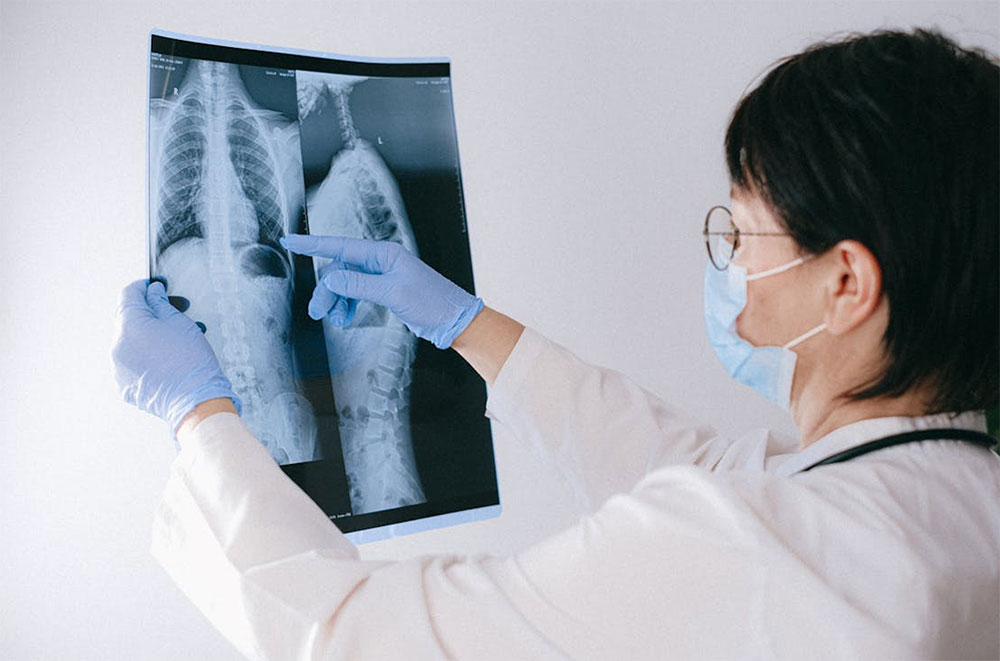Growing numbers of people face breathing disorders that disrupt daily life, limit activity, and increase the risk of medical complications. Skilled clinicians have become essential to supporting these individuals, especially as care needs expand across hospitals, clinics, and home-based environments.
Modern healthcare systems rely heavily on clinicians who understand subtle respiratory shifts and know how to respond with precision. Their ability to guide patients through periods of instability strengthens long-term outcomes and improves confidence for families who depend on reliable care. Let us elaborate on why this growing demand for expertise continues to shape modern respiratory care.
Demand for Expertise in Modern Respiratory Care
Healthcare teams face more complex respiratory cases than ever before. Patients arrive with varied symptoms, unique medical histories, and multiple conditions that influence breathing patterns. Clinical teams must understand how different disorders behave under stress and how to apply targeted care without delay.
Growing expectations placed on clinicians reflect the public’s increased awareness of breathing-related health issues. Many individuals now seek specialized guidance for symptoms that once went unnoticed. Clinicians who step into these roles support both immediate needs and broader goals for respiratory wellness.
Role of Education in Building Strong Respiratory Clinicians
Education shapes clinicians who approach respiratory care with clear reasoning and steady clinical awareness. Strong academic preparation strengthens their ability to notice subtle breathing changes and choose practical interventions with confidence. Clinical rotations reinforce this foundation by exposing students to real situations that require calm judgment.
Healthcare teams rely on professionals who bring this combination of structure and experience to complex cases. With the demand for skilled breathing-care professionals growing, clinicians with a Bachelor of Science in Respiratory Care play an increasingly important role in patient treatment. The Bachelor of Science in Respiratory Care online program from Northern Kentucky University supports this growth by helping practicing therapists advance their capabilities.
Value of Clinical Assessment in Detecting Early Respiratory Decline
Accurate assessment guides every step of respiratory care. Clinicians study breathing rate, chest movement, airflow, and subtle cues that reveal early decline. Small details often help uncover emerging problems before they escalate into severe complications. Effective assessment depends on patience, consistency, and the ability to interpret information gathered across multiple moments.
Tools such as pulse oximetry, capnography, and respiratory pattern analysis support decision-making, yet clinical judgment remains the foundation. Continuous observation allows clinicians to recognize patterns linked to worsening conditions.
Importance of Airway Management Expertise
Airway support represents one of the most critical responsibilities in respiratory care. Clinicians often guide patients through episodes of distress that require immediate stabilization. Airway management expertise helps them remain composed while selecting the appropriate technique for the situation.
Stability depends on knowledge of anatomy, equipment operation, and patient positioning. Clinicians apply these skills with careful attention to patient comfort and safety. Their training ensures each step aligns with the individual’s needs and overall care plan.
Expanding Responsibilities Within Pulmonary Health Management
Clinicians now participate in broader pulmonary health management strategies that extend far beyond acute interventions. Many patients need guidance that supports daily routines, symptom tracking, and lifestyle adjustments. These responsibilities highlight the importance of consistent follow-up and strong communication skills.
Each care plan reflects an individual’s unique respiratory challenges. Clinicians coordinate with physicians, nurses, therapists, and caregivers to maintain steady progress. Their involvement helps patients understand how small changes in behavior can strengthen long-term breathing comfort.
Clinical Technologies Driving Better Respiratory Outcomes
Modern respiratory care relies on tools that support precise assessment and steady treatment. Clinicians work with ventilators, monitoring systems, airway devices, and therapy equipment that continue to evolve each year. Strong familiarity with these technologies helps them guide patients safely through challenging situations.
Several innovations have strengthened the way care teams approach breathing disorders. High-flow oxygen systems assist patients who struggle with low oxygen levels. Noninvasive ventilation options give individuals an alternative to more complex procedures when appropriate. Monitoring platforms track oxygen saturation, airflow, and carbon dioxide levels with greater accuracy than older models.
Support for Patients with Chronic Respiratory Conditions
Individuals living with long-term breathing disorders require ongoing care that adapts to changes in health, activity, and daily routine. Clinicians guide these patients through treatment plans that address both immediate symptoms and broader lifestyle concerns. Regular check-ins help maintain stability and prevent sudden worsening.
Many chronic respiratory conditions challenge mobility, stamina, and independence. Clinicians encourage strategies that strengthen the lungs, reduce strain, and promote steady progress. These conversations build trust and give patients a clear path toward better management.
Respiratory clinicians continue to play a vital role in supporting people with breathing disorders. Their expertise influences every stage of care, from early assessment to long-term management. Steady guidance, strong clinical reasoning, and a commitment to ongoing education shape the quality of support patients receive.
Each skill they develop strengthens the path toward safer and more comfortable breathing for individuals who face daily respiratory challenges. Continued investment in training and clinical awareness will ensure that future care remains strong, reliable, and patient-centered.






